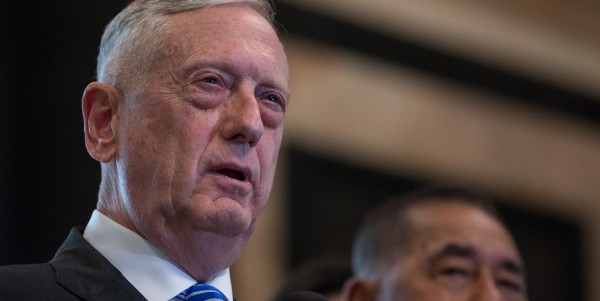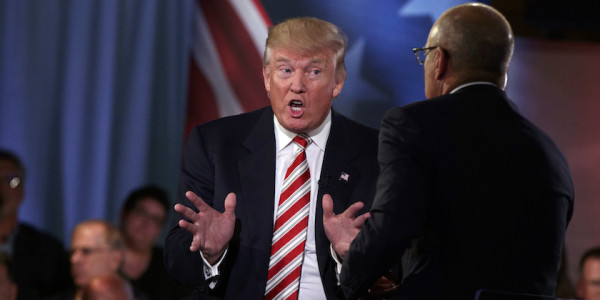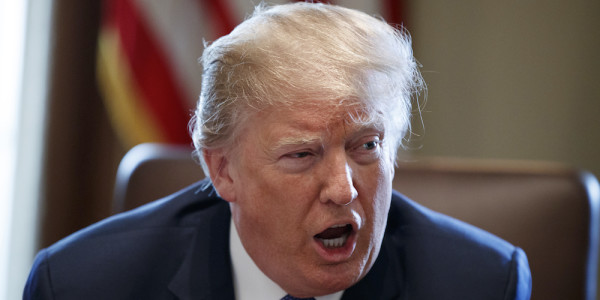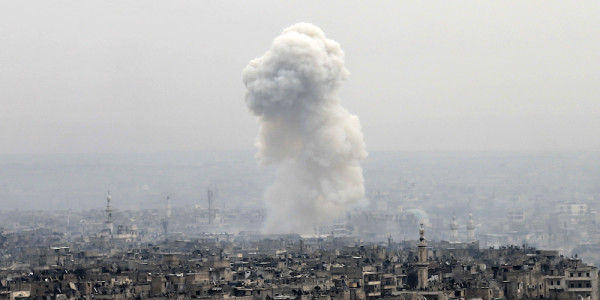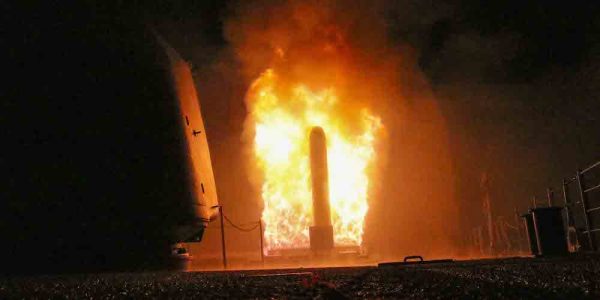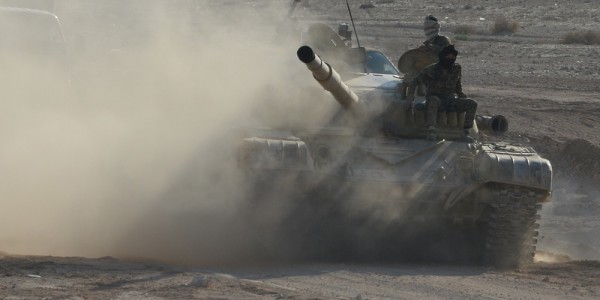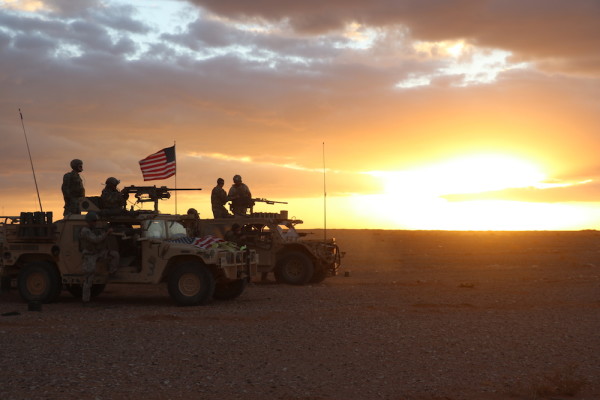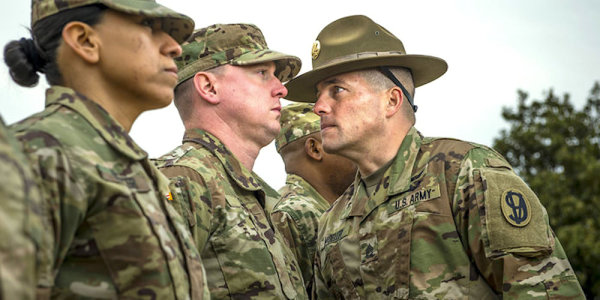To quote The Dude from “The Big Lebowski,” the widely expected military strikes on Syria are a complicated matter with “a lot of ins, a lot of outs, a lot of ‘what have yous,’ and a lot of strands to keep in my head, man.”
On Thursday, President Trump tweeted that he never provided a timeline for strikes against Syria in response to a suspected April 7 chemical attack.
“Could be very soon or not so soon at all!” Trump tweeted. “In any event, the United States, under my Administration, has done a great job of ridding the region of ISIS. Where is our ‘Thank you America?’”
That boast came about a day after Trump tweeted for Russia to “get ready,” because U.S. missiles “will be coming, nice and new and ‘smart!’” Officials later said no decisions on a Syria strike had been made when the commander in chief tweeted that.
In fact, Defense Secretary James Mattis told lawmakers today that he will provide the White House with military options against the Syrian regime, but the president has not yet settled on a course of action.
“Today, our president did say that he’s not made a decision,” Mattis told the House Armed Services Committee. “I will tell you when I leave here I’m going to a meeting — the National Security Council will be meeting on this, and we will take forward the various options to the president.”
When lawmakers pressed Mattis on what legal authority the United States would have to attack Syria, he said the president has the authority to protect U.S. troops in Syria from chemical weapons attacks.
“The use of chemical weapons in Syria is not something we should assume: Well, because he didn’t use them on us this time, he wouldn’t use them on us next time,” said Mattis, who also promised to have the Pentagon’s lawyers provide Congress with a formal reply.
Mattis strongly condemned the alleged poisoning of a former Russian spy and his daughter by a nerve agent in England and the reported chemical attack on Syrian civilians as affronts to civilization. It is in the United States’ best interests that international agreements banning the use of chemical weapons be obeyed, he said.
While he believes the Syrian regime launched a chemical weapons attack on April 7, Mattis said inspectors with the Organization for the Prohibition of Chemical Weapons have yet to arrive on the scene. If the regime does allow an investigation, the inspectors will not be able to determine who launched a chemical attack, he said.
“They can only say that they found evidence or did not, and as each day goes by — as you know, it’s a non-persistent gas, so it becomes more and more difficult to confirm it,” Mattis said.
Any U.S. military strikes against Syria raise the possibility of a wider conflict with Russia, which has backed the Syrian regime militarily and has troops and private contractors on the ground. Recently, the Russian ambassador to Lebanon has vowed that Russia will shoot down any U.S. cruise missiles launched at Syria.
Mattis declined to speculate about the possibility that Russia would respond militarily to any U.S. strikes on Syria, but he said he was concerned about “how do we keep this from escalating out of control, if you get my drift on that.”
WATCH NEXT:

